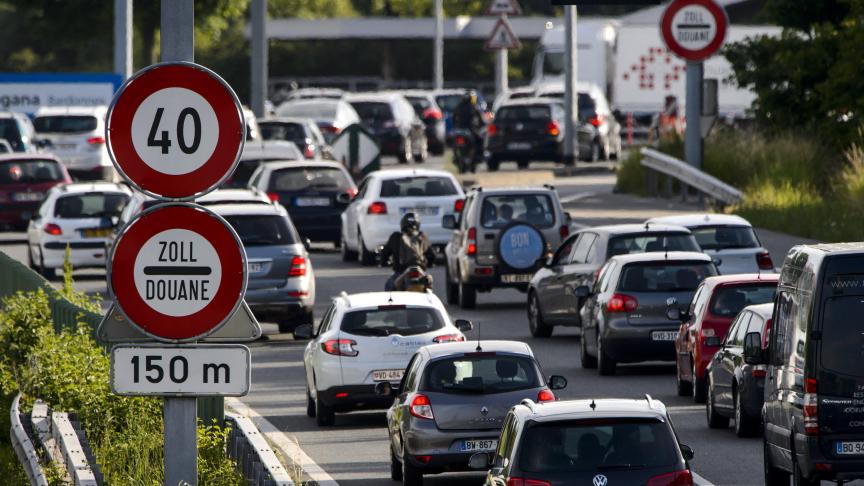The governments of the Twenty-Seven gave their agreement on Friday to renew for one year the suspension of all customs duties on Ukrainian products imported into the EU, announced the Swedish Presidency of the Council of the EU.
Customs Duties on Ukrainian Imports
The Europeans had decided in May 2022 to suspend for one year all customs duties on Ukrainian imports into the EU in order to support the country’s economic activity in the face of the invasion led by Russia.
The decision to extend this exemption was adopted “unanimously” by EU member state ambassadors in Brussels. MEPs still have to give their approval in plenary session to allow the entry into force of this provision, a European source said.
But this agreement is blurred by Poland’s recent decision to ban imports of Ukrainian cereals, accused of destabilizing the national agricultural market.
Several other EU countries bordering Ukraine — Hungary, Slovakia and Bulgaria — have followed suit, imposing temporary bans on cereals and other agricultural products imported from Ukraine.
This position is deemed “unacceptable” by the European Commission, responsible for the bloc’s trade policy.
“Contacts are continuing” on this subject, assured the Commission on Friday. “Business to follow”, laconically declared the spokesperson for the European executive.
In addition to the suspension of customs duties, the EU had organized itself to allow Kiev to export its grain stocks after the closure of the maritime routes by the Black Sea caused by the Russian invasion in February 2022.
But instead of just transit, neighboring European states have seen maize, wheat or sunflowers from Ukraine piling up on their soil due to logistical problems, causing silos to become saturated and local prices to plummet – which has led to demonstrations by farmers and the resignation of the Polish Minister of Agriculture.
The European Commission promised on April 19 an additional aid of 100 million euros to support the farmers of Eastern Europe most affected by the fall in cereal prices in connection with the war in Ukraine.
This amount supplements a first envelope of 56.3 million euros granted at the end of March, funds drawn from the crisis reserve of the Common Agricultural Policy (CAP).
This article is originally published on sudinfo.be









